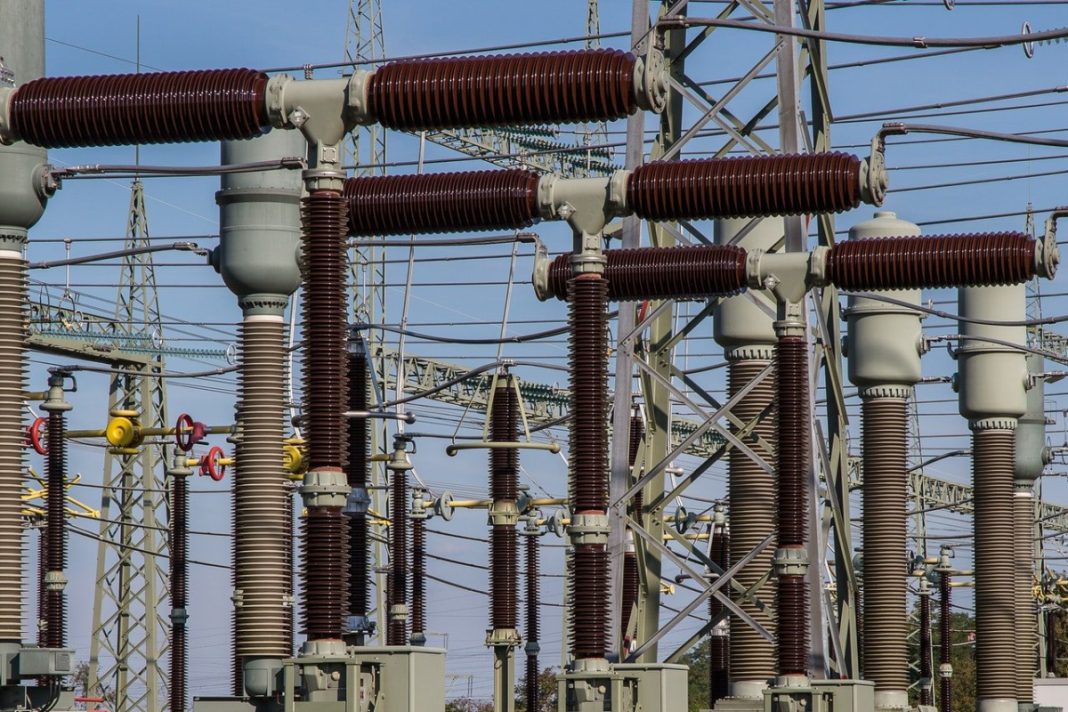ABUJA, Nigeria — Eleven successor electricity companies have officially applied to review their electricity tariffs, the Federal Government announced on Friday, July 14, 2023.
Through a notice published by the Nigeria Electricity Regulatory Commission, NERC, the government disclosed that these requests for tariff revisions stem from the need to account for shifts in macroeconomic parameters and other variables affecting these companies’ service quality, operations, and sustainability.
The NERC notice clarified that these rate review requests follow Sections 116 (1) and 2(a&b) of the Electricity Act 2023 and other pertinent regulations.
Previous attempts by some electricity distribution companies (Discos) to raise tariffs from July 1 faced widespread protest and stiff resistance from Nigerians.
The Nigerian Labour Congress, NLC, urged the government to abandon plans to increase electricity tariffs, citing the timing as insensitive and harsh, particularly when consumers are already dealing with the economic impact of the removal of petrol subsidy.
Seemingly swayed by public outcry, the Discos deferred the proposed tariff hike on July 1, 2023.
However, the recent notice from NERC suggests that an increase may still occur, now that Discos have submitted applications for rate review.
NERC declared that it would hold a Rate Case Hearing on these applications before issuing a ruling.
The regulatory body invites public commentary on the rate review applications, with responses required by the close of business on July 20, 2023.
NERC’s tariff review procedure is designed to conduct significant reviews every five years.
However, extraordinary tariff reviews can occur when a Disco requires extra investment exceeding the allowed capital expenditure, or when unanticipated operational, legal, or regulatory expenses need to be reasonably transferred to consumers.
Minor reviews are also scheduled every six months to adjust tariffs based on fluctuations in gas prices, foreign exchange rates, generation output, and inflation.
The rate review application of Ikeja Electricity Distribution Company, one of the Discos, stated that tariffs consistently fall below cost-reflective levels due to parameters being out of sync with the current business realities.
This discrepancy reportedly places strain on Discos and the government to subsidize the tariff gaps, hindering Discos’ ability to fulfill their obligations under the Performance Agreements and Vesting Contract and exacerbating the liquidity challenges in the electricity sector.
Similarly, Abuja Electricity Distribution Company has asked the Commission to consider the amended end-user rate, as it reflects business realities crucial for continuity and sustainability.







